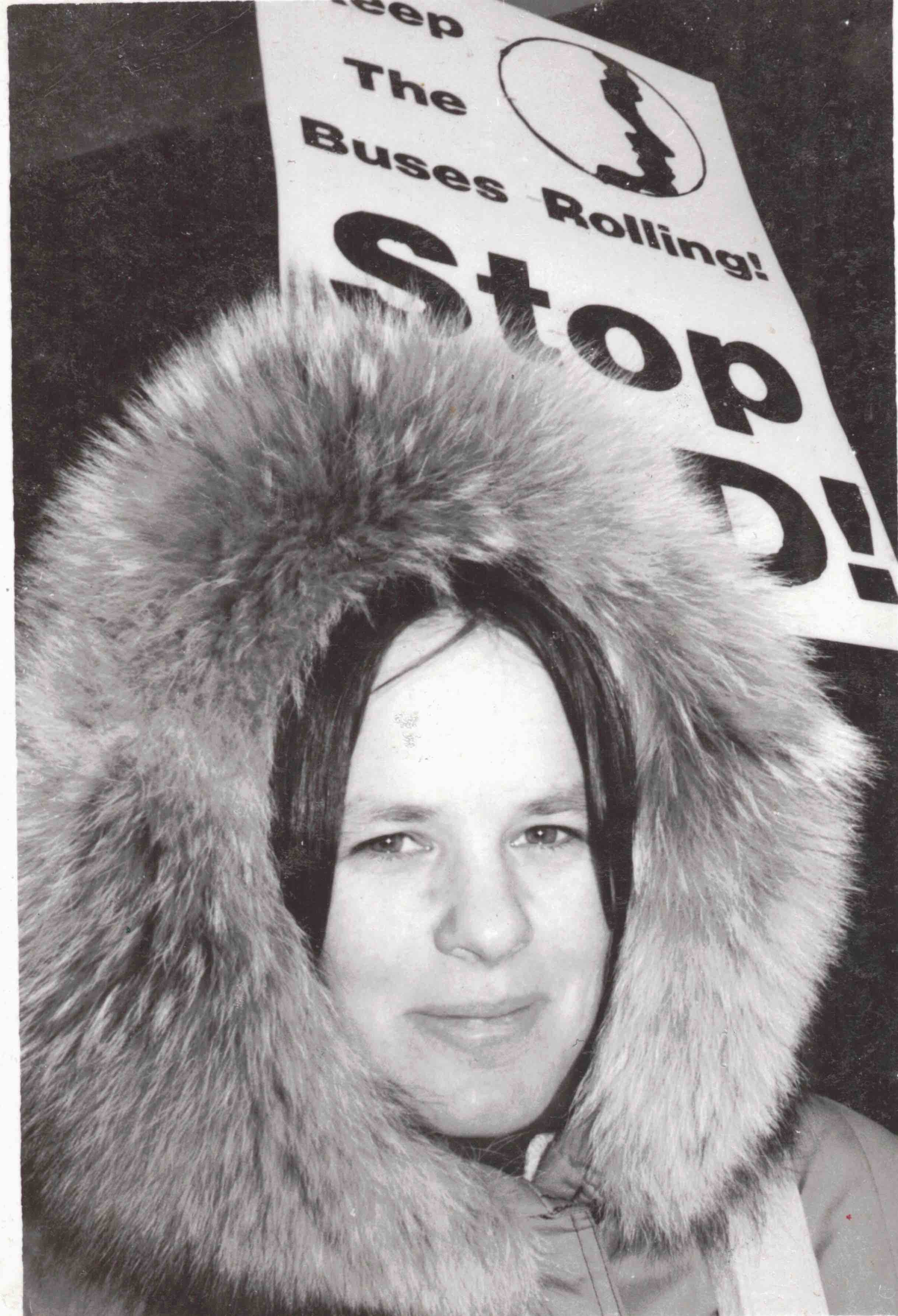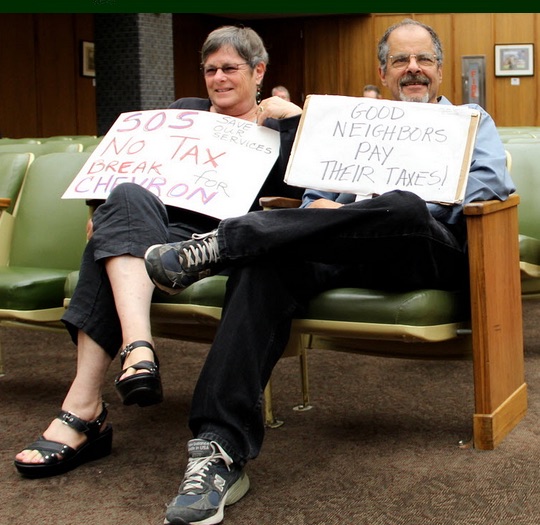Dianne Feeley & Johanna Parker
Posted January 9, 2020

Margaret Jordan, a founding member of Solidarity, died early January 3rd. She is survived by her partner, Mike Parker, and her daughter, Johanna Parker.
Margaret grew up in Berkeley, California and attended the university there. Her parents were immigrants who fled Nazi Germany. An early marriage, to Joel Jordan, didn’t last but her second, to Mike Parker, lasted her lifetime.
Over the course of her work life Margaret was a teacher, nurse and psychologist. In her job as a psychologist at Henry Ford Hospital in Detroit, she trained doctors to relate to their patients. Working with physicians new to Detroit, she explained how racism was fundamental to understanding the health conditions of a city that had suffered segregation and white flight.
As a student in the 1960s she was drawn to the Independent Socialist Club, which was influenced by the revolutionary socialists from a previous generation, Anne and Hal Draper. The ISC transformed itself into the International Socialists and were one of the first left groups to prioritize implanting its membership in key industries. Adopting a rank-and-file perspective that called for caucuses, they moved much of their membership into Midwestern cities such as Gary, Indiana and Detroit, Michigan. Margaret and Mike moved to Detroit in the mid-1970s.
She and another member of the IS, Elissa Karg, attempted to set up Women Against Racism but the group never developed a base and later disbanded. She worked with the Red Tide youth group on the campaign to free Gary Tyler, a young black man unjustly sentenced to death in Louisiana.
As the IS merged with Workers Power, Socialist Unity and a collective in Madison to form Solidarity, she participated in women’s seminars and on the Detroit branch executive committee by bringing her distinctive approach of organizing spaces where people could enjoy each other. In one workshop her talk discussed how feminist ideas were surfacing in teen-age magazines.
She encouraged members to go out for dinner after branch meetings. She and Mike opened their home to a superbowl/anti-superbowl party where the branch could invite its members and friends over for a relaxing evening. This is now a tradition of the Detroit branch, which also uses the event as a fundraiser for a local organization or campaign.
While Johanna was at Cass Tech High School and beginning to develop an interest in theatrical productions, Margaret developed cancer. Her network of friends were able to help by providing dinners, arranging to take Margaret to appointments when Mike was at work and making sure Johanna got to and from rehearsals. It was a difficult cancer to contain, but she did beat it back. However years later it returned and had metastasized.
Margaret wanted to return to the Bay Area and after her parents’ death, inherited the house they had moved to in Richmond, a few miles north of Berkeley. During World War II Richmond had been an industrial center, with Kaiser’s innovative boat construction, Ford’s auto plant, Standard Oil’s refinery and dozens of other plants. When Margaret and Mike moved there a dozen years ago—with their daughter already living in the Bay Area, where she worked as an interpreter—most industry had left. Its population reduced to 100,000, Standard Oil (now Chevron) became the behemoth that polluted the town and dominated its political life. An independent formation, the Richmond Progressive Alliance, had begun to challenge that, and Margaret plunged into the work of expanding the RPA’s presence.
Once again Margaret’s administrative and social skills were invaluable at extending the RPA’s influence. She worked night and day on the 2014 city council campaign that beat Chevron’s candidates and elected RPAers to the council, taking on many different kinds of tasks, including the important organization of hundreds of volunteers for work on Election Day. She played an important role in mentoring some of the developing RPA leaders. And, on another front, she was always someone to be counted on at Labor Notes conferences.
In addition to her work with the RPA, Margaret worked with a number of organizations in Richmond and the broader Bay Area to better her community. These include her neighborhood council, a Richmond organization working to improve health in low-income communities, and the local humane society.
Although her cancer had returned and she was on medication, Margaret was active until six weeks ago. She had fulfilled a longtime dream by visiting Africa with Mike, Johanna, and Johanna’s partner Matt this fall. A year before, she, Mike, and Johanna visited the German towns where her parents were born. She was looking forward to a trip to England with her daughter and more trips with Mike. But around Thanksgiving she came down with a respiratory illness that got progressively worse until her lungs and kidneys failed. She died peacefully on January 3rd.
As a woman who fought for social justice throughout her adult life and understood that personal relations are an essential part of building a movement, Margaret is remembered by a large circle of comrades and friends.


Comments
One response to “Margaret Jordan, presente!”
I am the most recent Behavioral Science Faculty training the current young physicians in the same contents areas that Margaret did. When I started my role, I heard of Jordan – she was selfless, respected and valued by those she taught AND her colleagues. What an incredible woman to leave the lasting impression that she has accomplished at HFH.